Tips for Improving Circulation During Pregnancy
Pregnancy circulation problems, especially during the third trimester of pregnancy can cause uncomfortable symptoms or lead to long term medical issues such as deep vein thrombosis (DVT) due to blood clots. Pregnant women and those that are put on bed rest have a higher risk of DVT because of the following:
-
Long periods of bed rest or sitting can cause the blood in your lower legs to pool, making it more likely for a clot to form.
-
When pregnant or soon after birth, levels of the female hormone estrogen can rise, causing your blood to clot more easily.
-
If you have taken hormone replacement therapy drugs before or after pregnancy that contain estrogen, your chances of DVT can also go up.
When pregnant or after giving birth, it is important to maintain good blood circulation from the heart to the legs, which will also help prevent varicose veins during pregnancy.
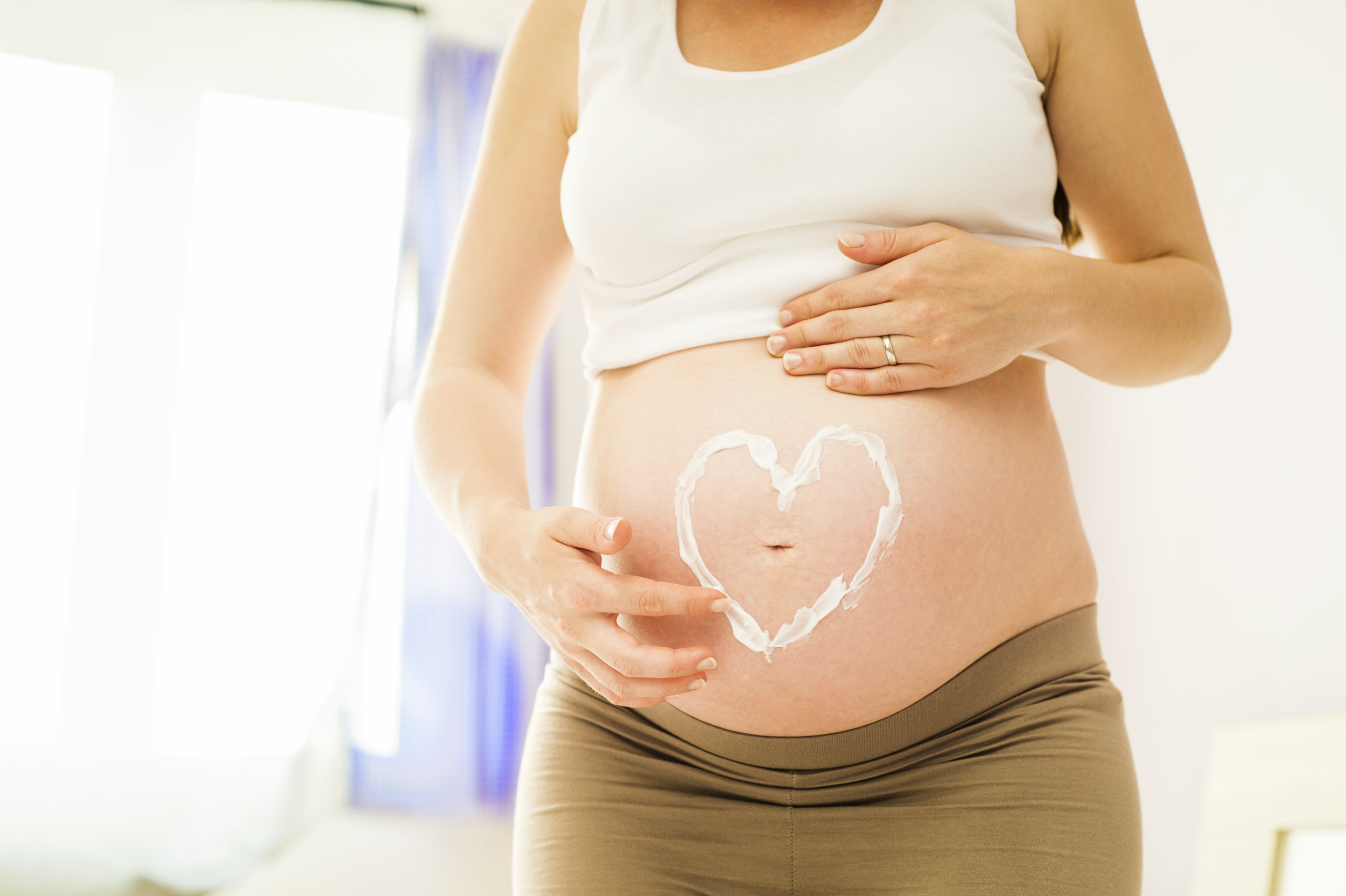
IMPROVING BLOOD CIRCULATION DURING PREGNANCY
When dealing with a poor circulation pregnancy third trimester issue, and/or you had varicose veins before pregnancy, then you definitely want to implement multiple strategies to keep your blood flowing in the lower legs. Uncomfortable issues like leg swelling or tingling, along with edema in the feet are common symptoms associated with third trimester pregnancy.
It is often the slow blood circulation and fluid retention that are to blame for swelling in your legs, ankles, feet, hands, and face. And if blood flow was already compromised with varicose veins before pregnancy, these veins may turn even darker purple or blue. Here we will look at ways to reduce that achy and heavy feeling in the legs during pregnancy by improving circulation.
ELEVATE FEET AND LEGS
It is suggested that pregnant women elevate their feet whenever possible to reduce fluid retention in the feet and legs. Raising your legs 6 to 12 inches above your heart for 15 to 20 minutes to help the blood flow back to your heart and lungs. Especially during the last trimester, this can help alleviate extra fluid and help carry nutrients and oxygen to your baby. Sometimes the swelling is due to a woman's growing uterus putting pressure on the veins that carry blood from your lower body to the heart - elevating your legs can be helpful.
WEAR COMPRESSION SOCKS
Pregnant women feel more energized and experience less pain and inflammation when they wear compression socks that apply graduated pressure from the ankle to the calves. Wearing compression socks is especially helpful during those times that they are not moving around much. While sleeping, traveling, on bed rest, or watching television, compression socks will help keep blood flowing and offset that feeling of sluggishness. The right compression socks for pregnancy can also reduce your chances of developing spider or varicose veins.
EAT SMALL, HEALTHY MEALS
Eating small, frequent meals is better for pregnant women when compared to eating 3 larger meals per day. Nutritious snacks, a light dinner, a healthy breakfast, and plenty of fiber-rich salad and healthy proteins for lunch can help slow down unnecessary weight gain. Since most pregnant women might feel hungrier than usual, high energy and high protein snacks are suggested, along with drinking fluids separate from meals.
WEAR COMFORTABLE CLOTHING
Refrain from wearing any clothing that restricts movement or blood flow, such as tight waistlines or tight shoes. Belts, rings, bras, knee socks, and even heavier fabrics can cause discomfort or body heating during pregnancy, so always wear loose fitting clothes and ditch the jewelry for now. Wearing shoes that have a low or moderate heel, and are made of a soft material will help reduce aching feet and may ward off varicose veins after pregnancy.
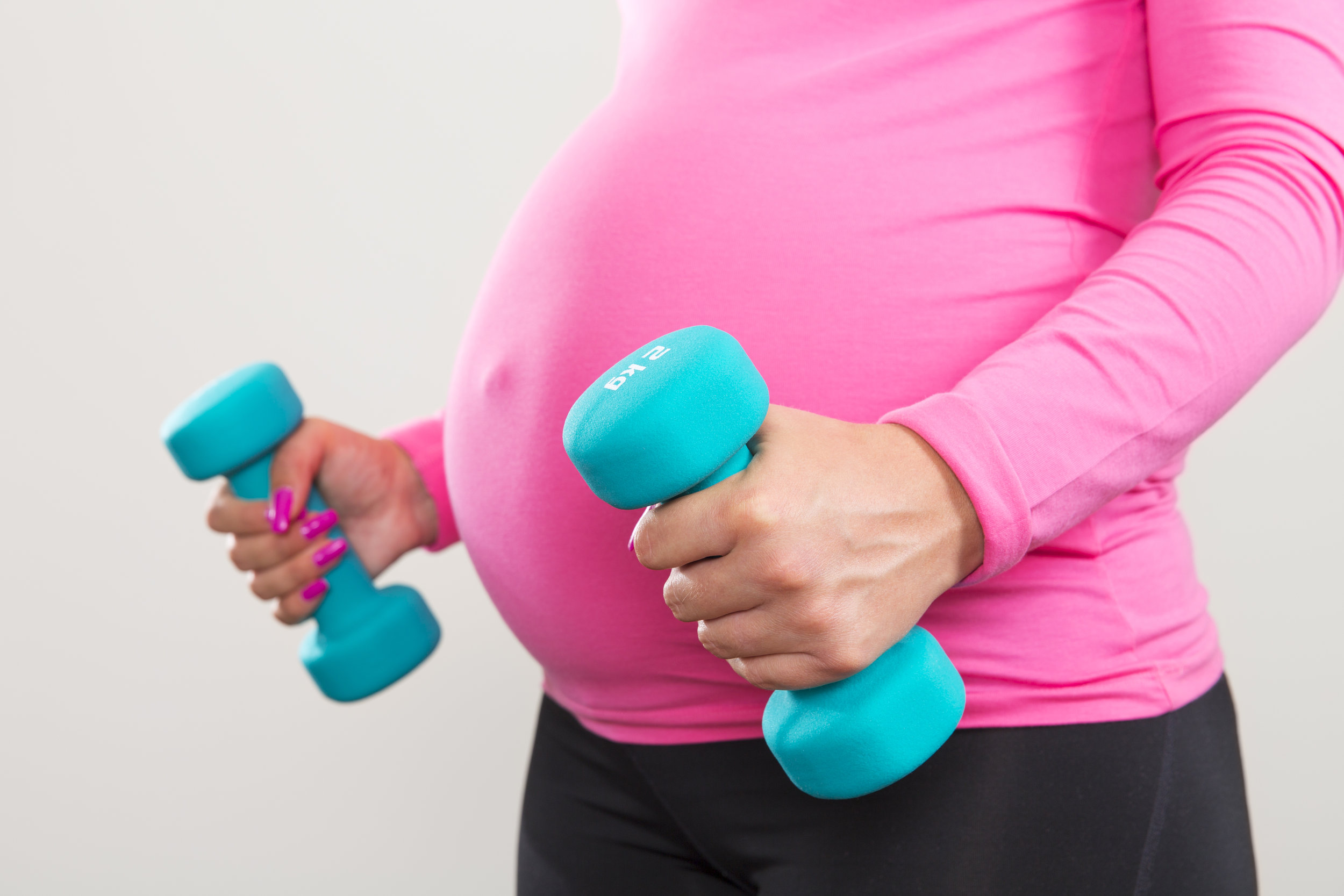
TAKE AWAYS
-
Pregnant women on bed rest have a higher chance of poor circulation
-
Eating small, frequent meals is better for pregnant woman
-
Compression socks will help keep blood flowing and energizes
-
Raise legs above heart for 15 minutes to increase blood flow to heart
There are lots of ways to stay active during pregnancy, including long walks, water aerobics or swimming, and doing housework to music. You may also find some organized, exercise programs especially for pregnant ladies in your community. For more information about Dr. Motion compression socks, visit us online or find our products at your favorite retail outlet.
Disclaimer: This article provides information solely for educational purposes, including but not limited to text, graphics, images, and other materials contained herein. This article is not intended to substitute for professional medical advice, diagnosis, or treatment. Always seek the advice of your physician or another qualified healthcare provider with any questions you may have regarding a medical condition.


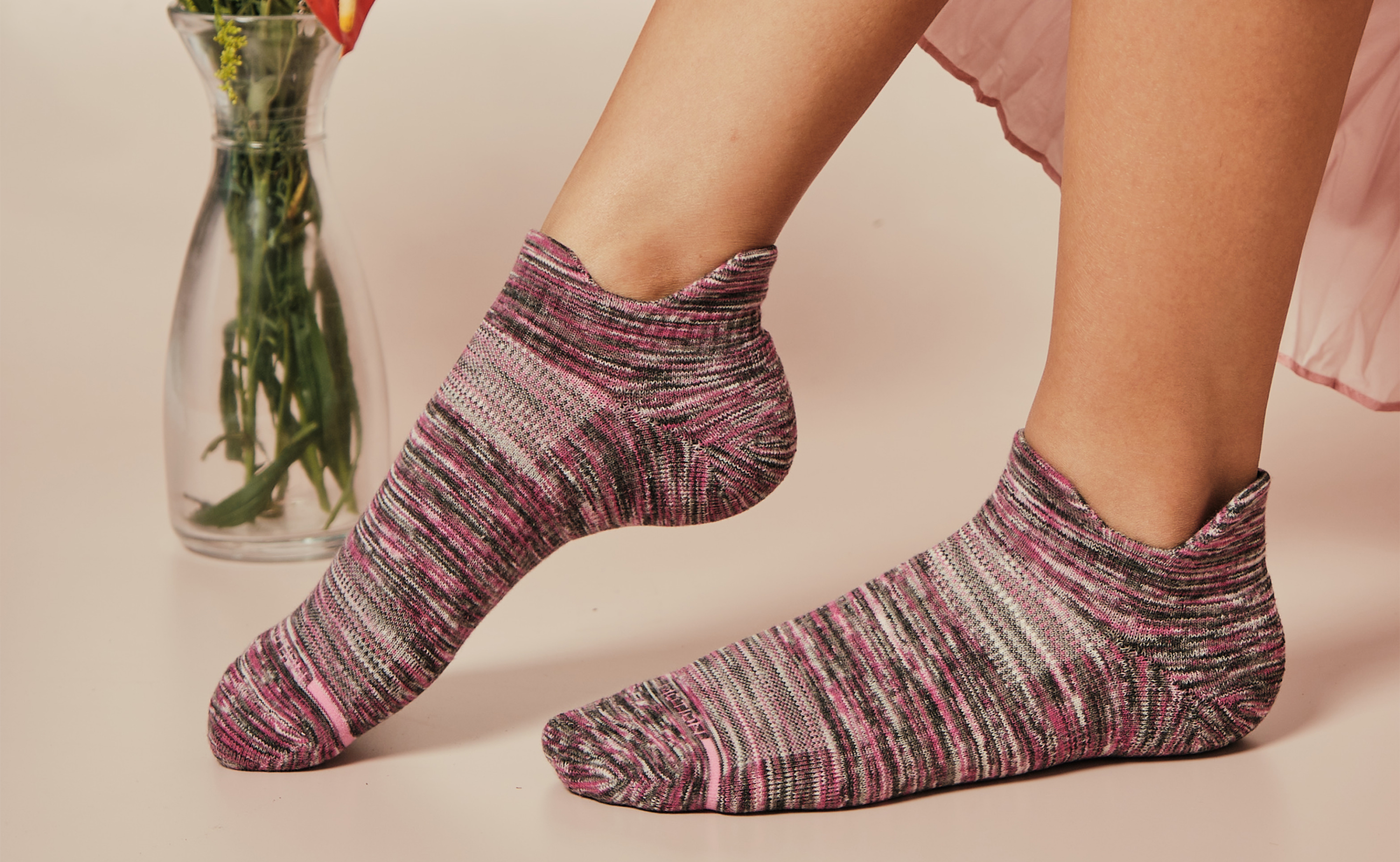
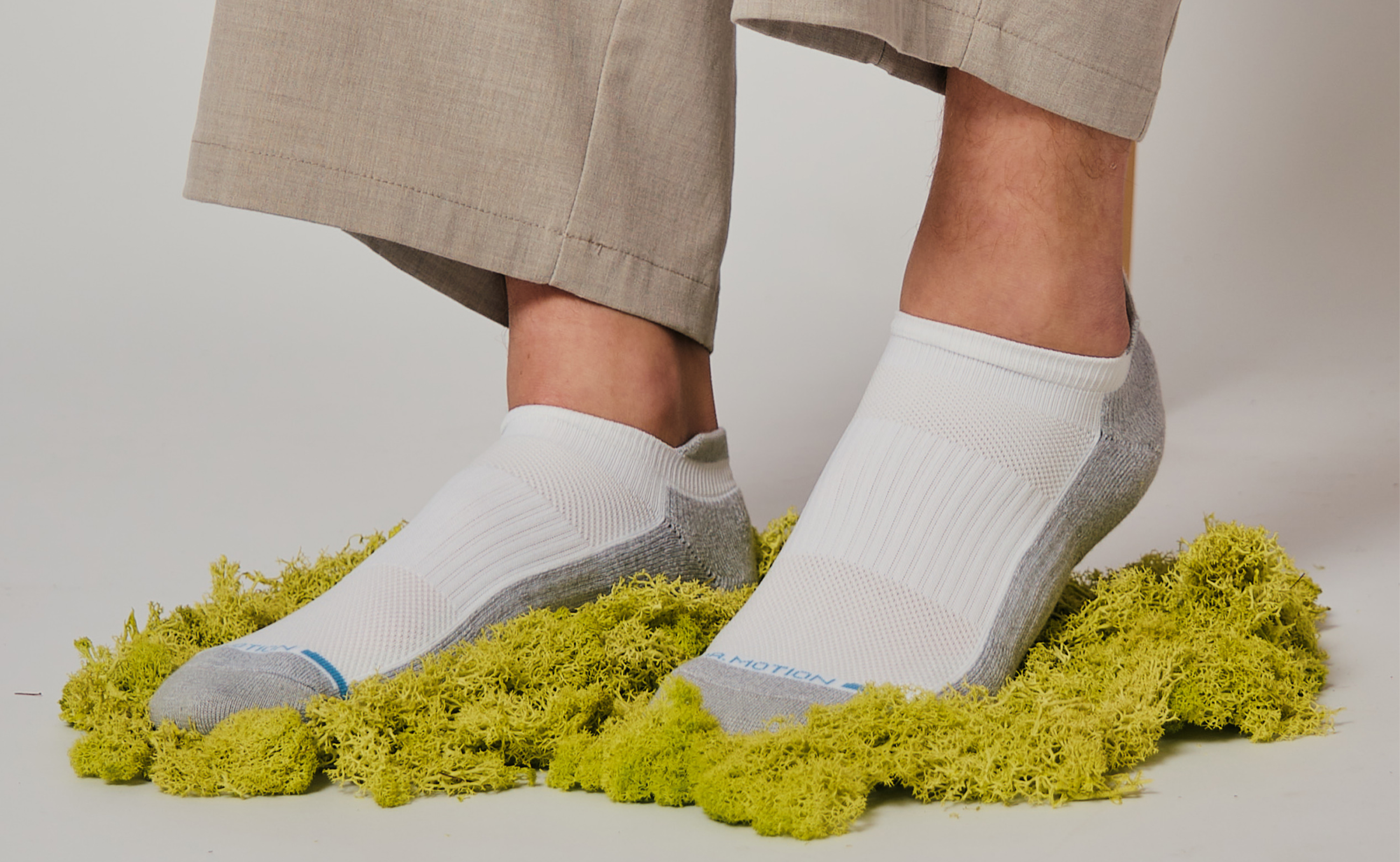
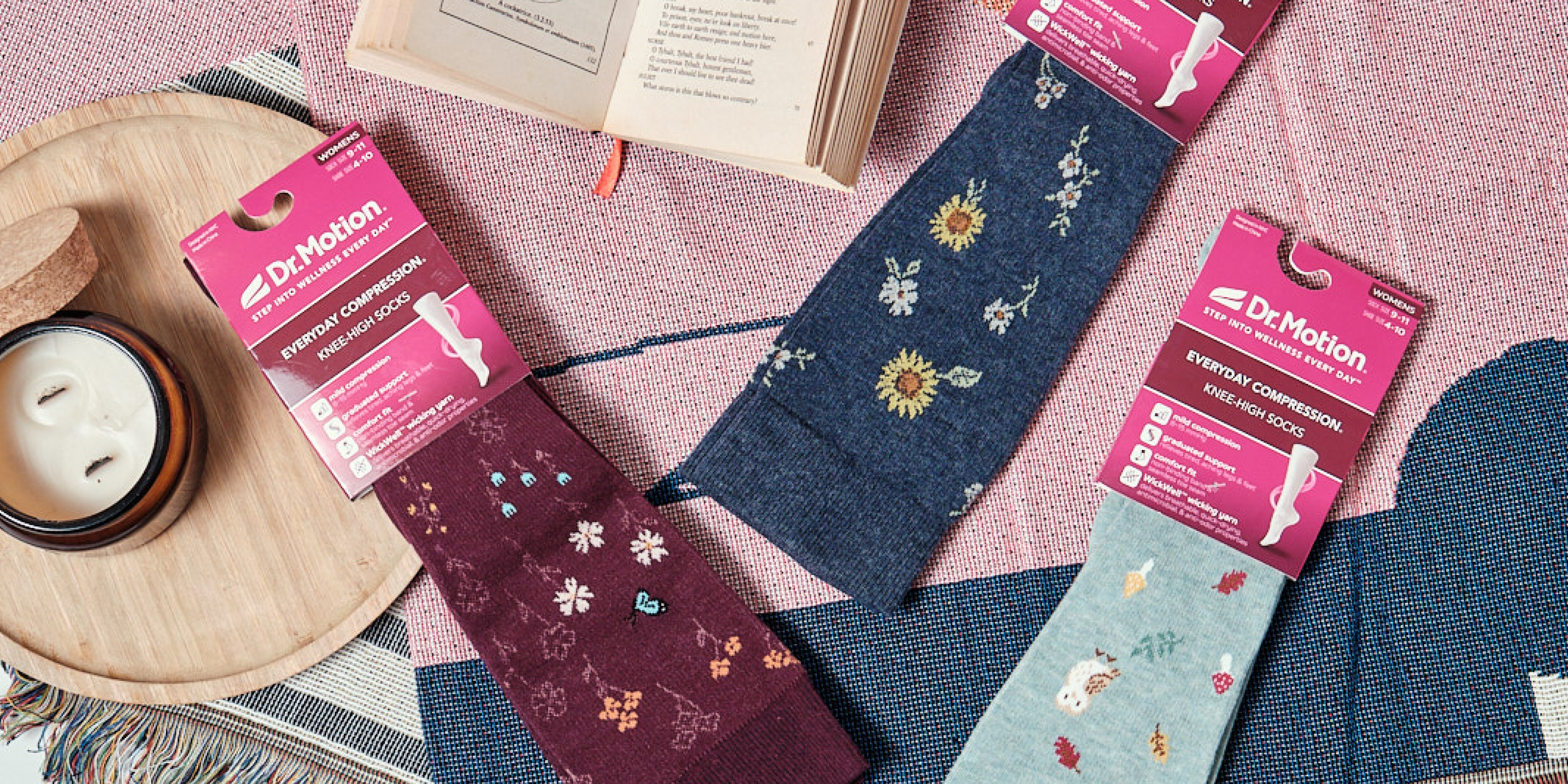
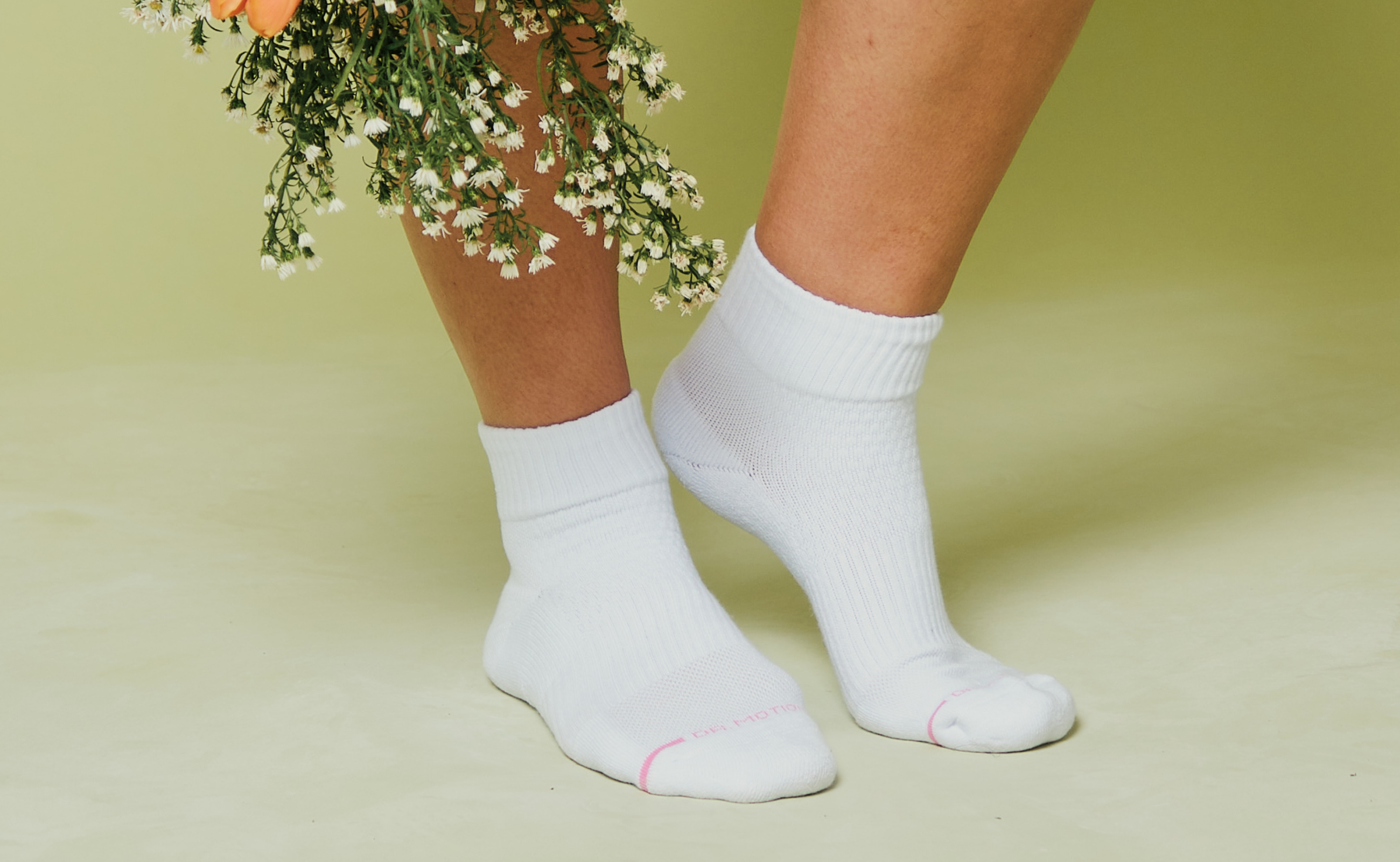
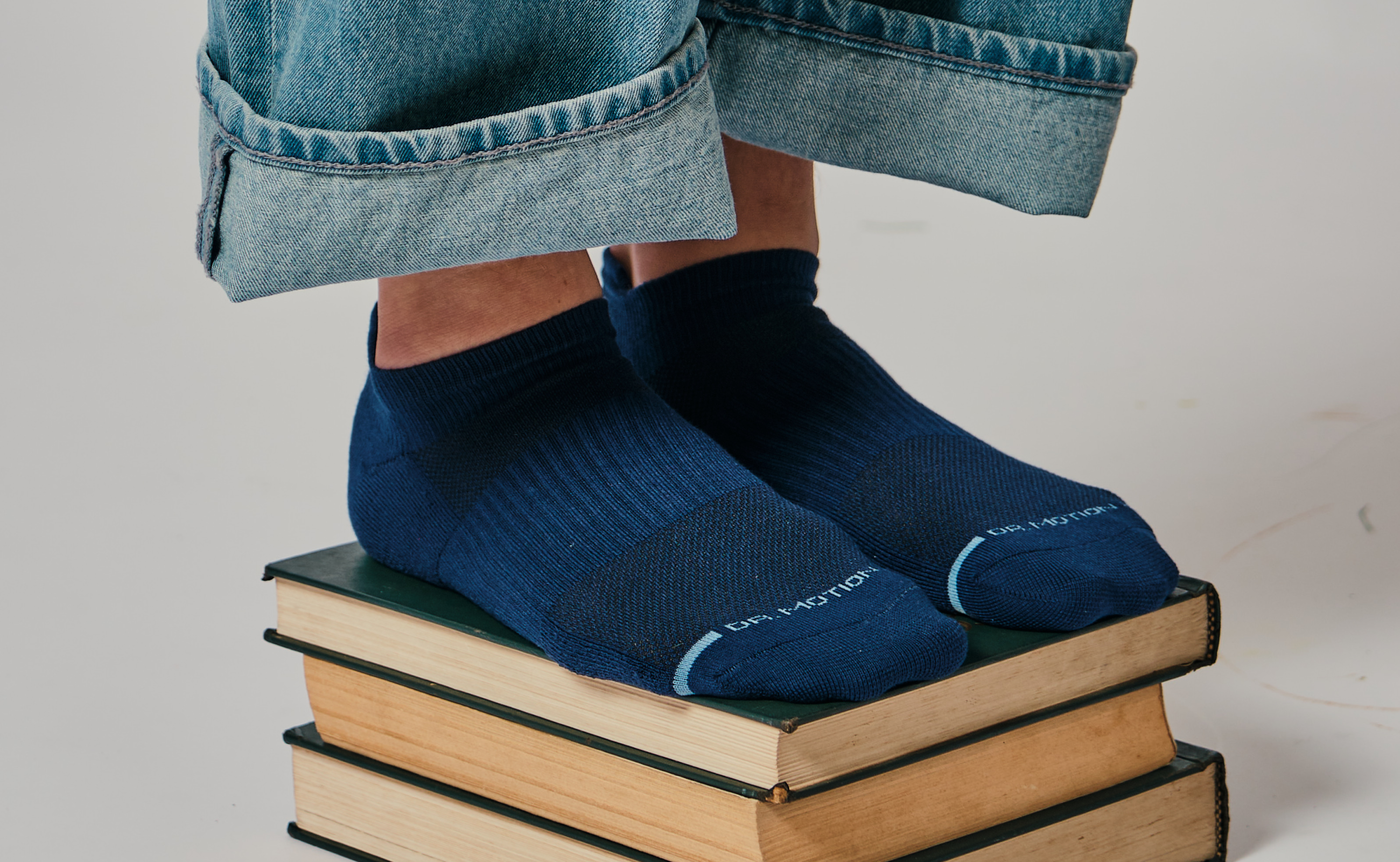


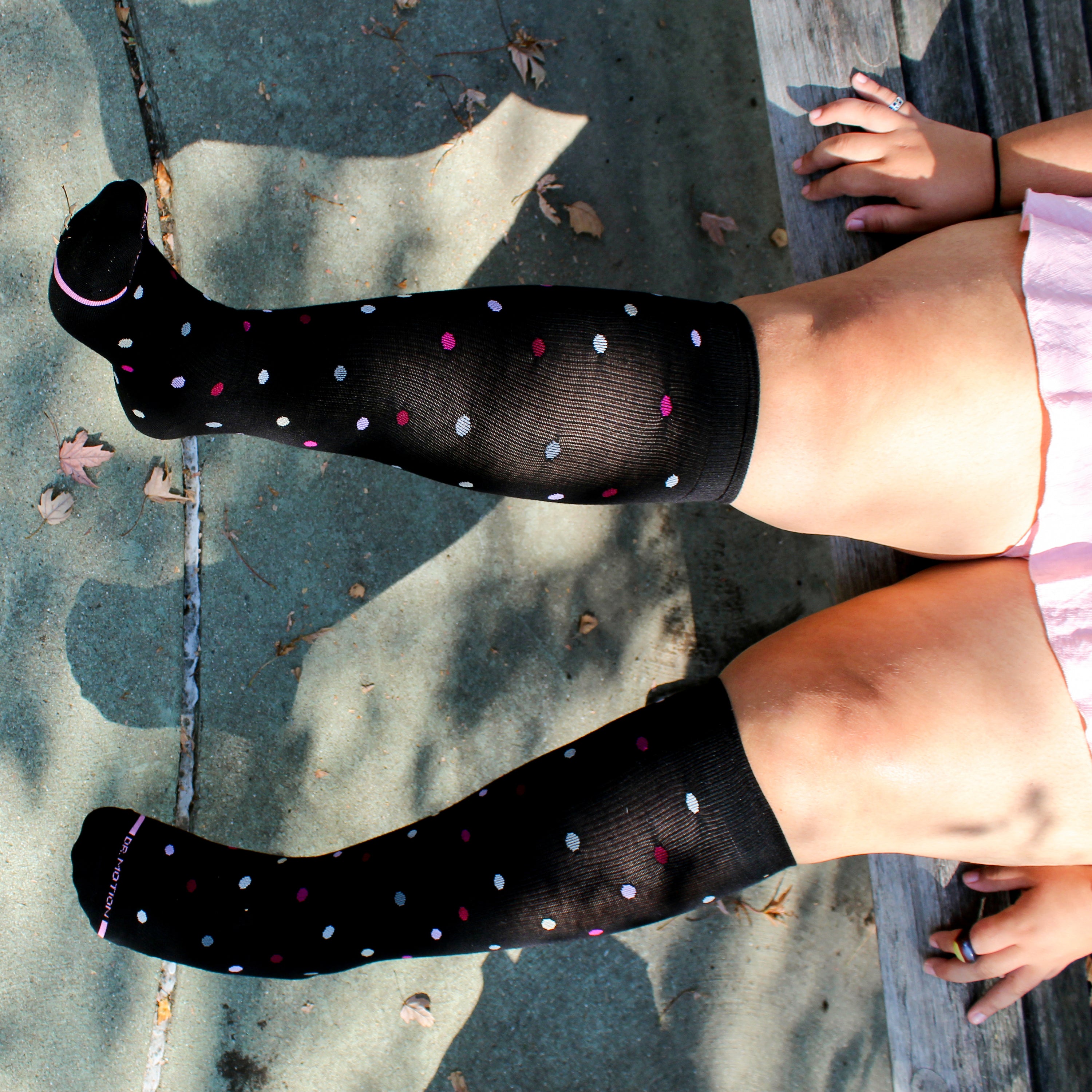

![Fashion Sock Trends and Patterns for 2020 [Infographic]](http://drmotionsocks.com/cdn/shop/articles/ZL407_lifestyle_520x500_99524fb5-c504-46be-98e9-9503853c2f92.jpg?v=1765030895&width=500)